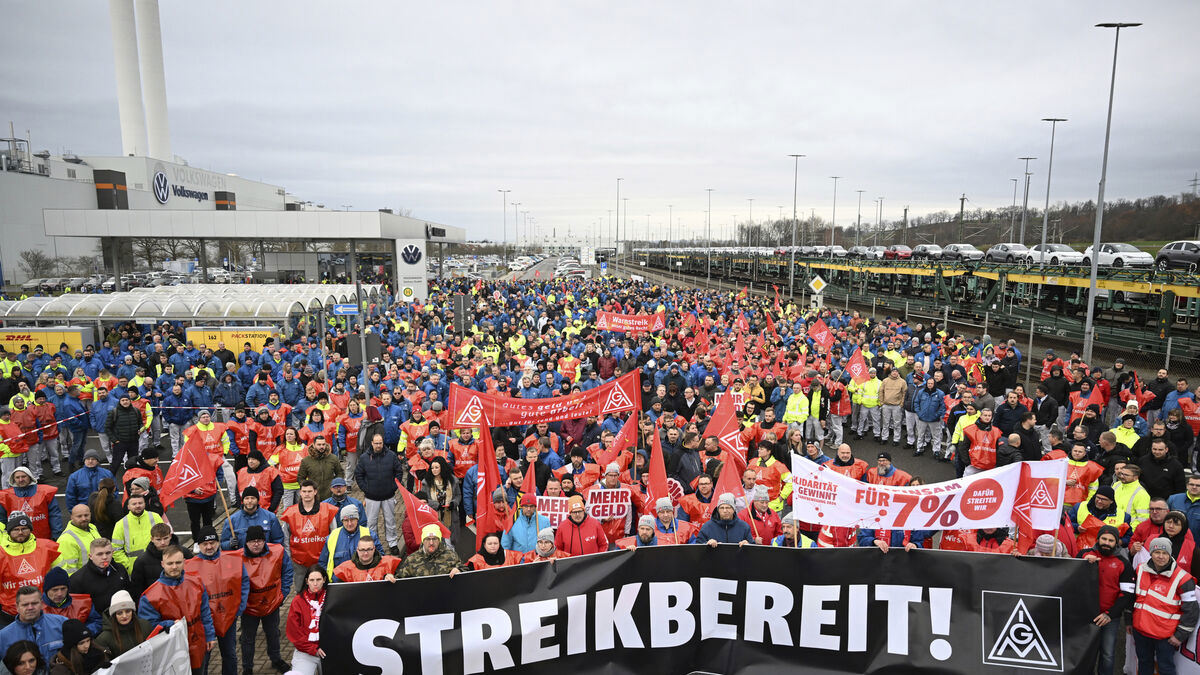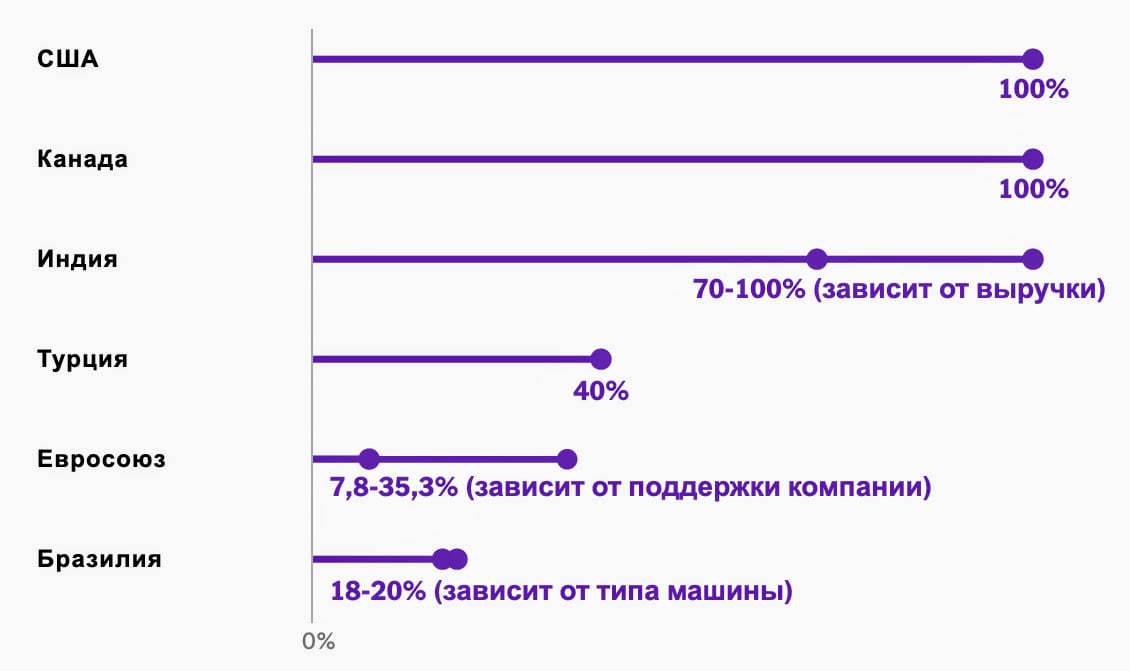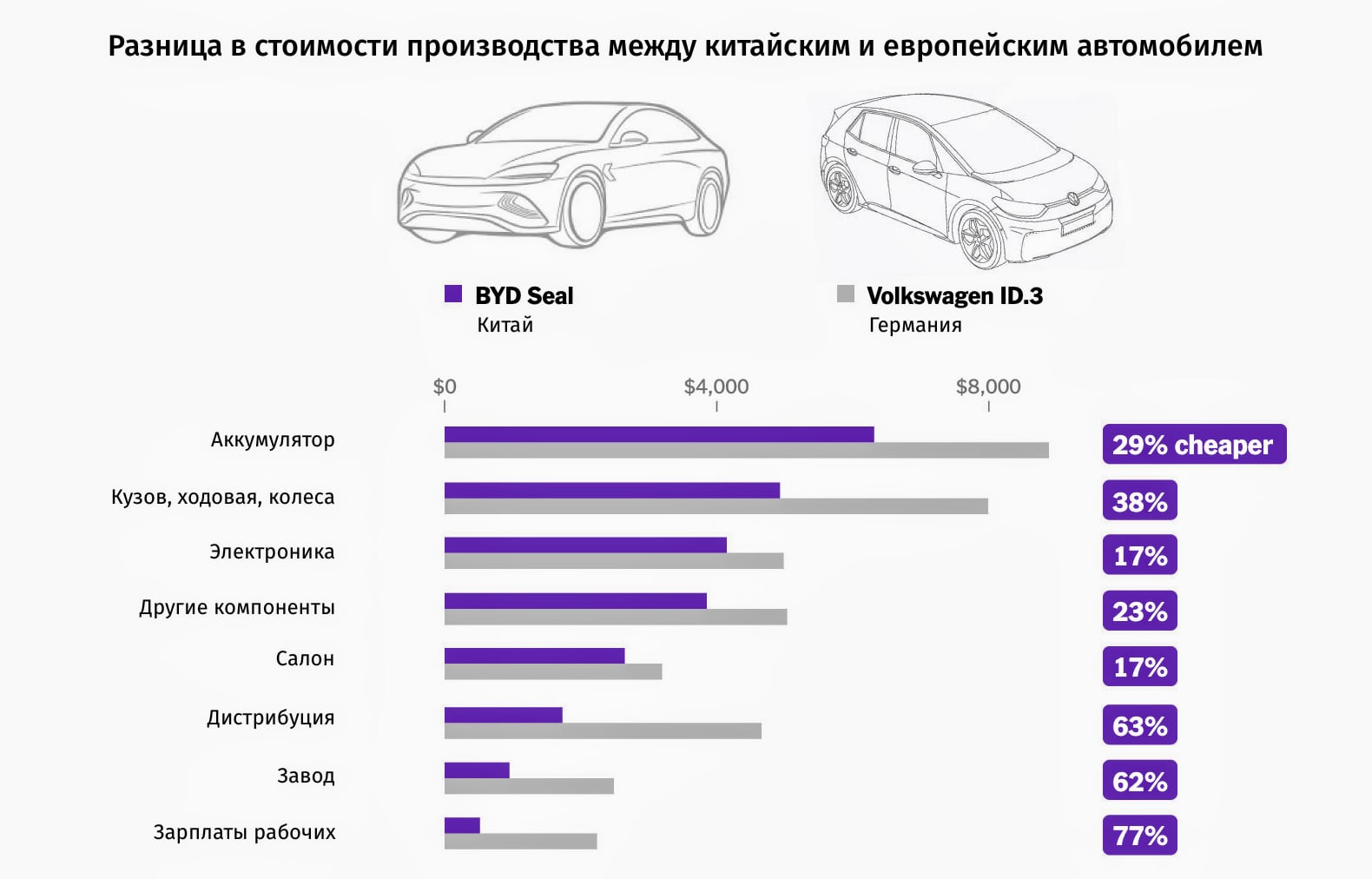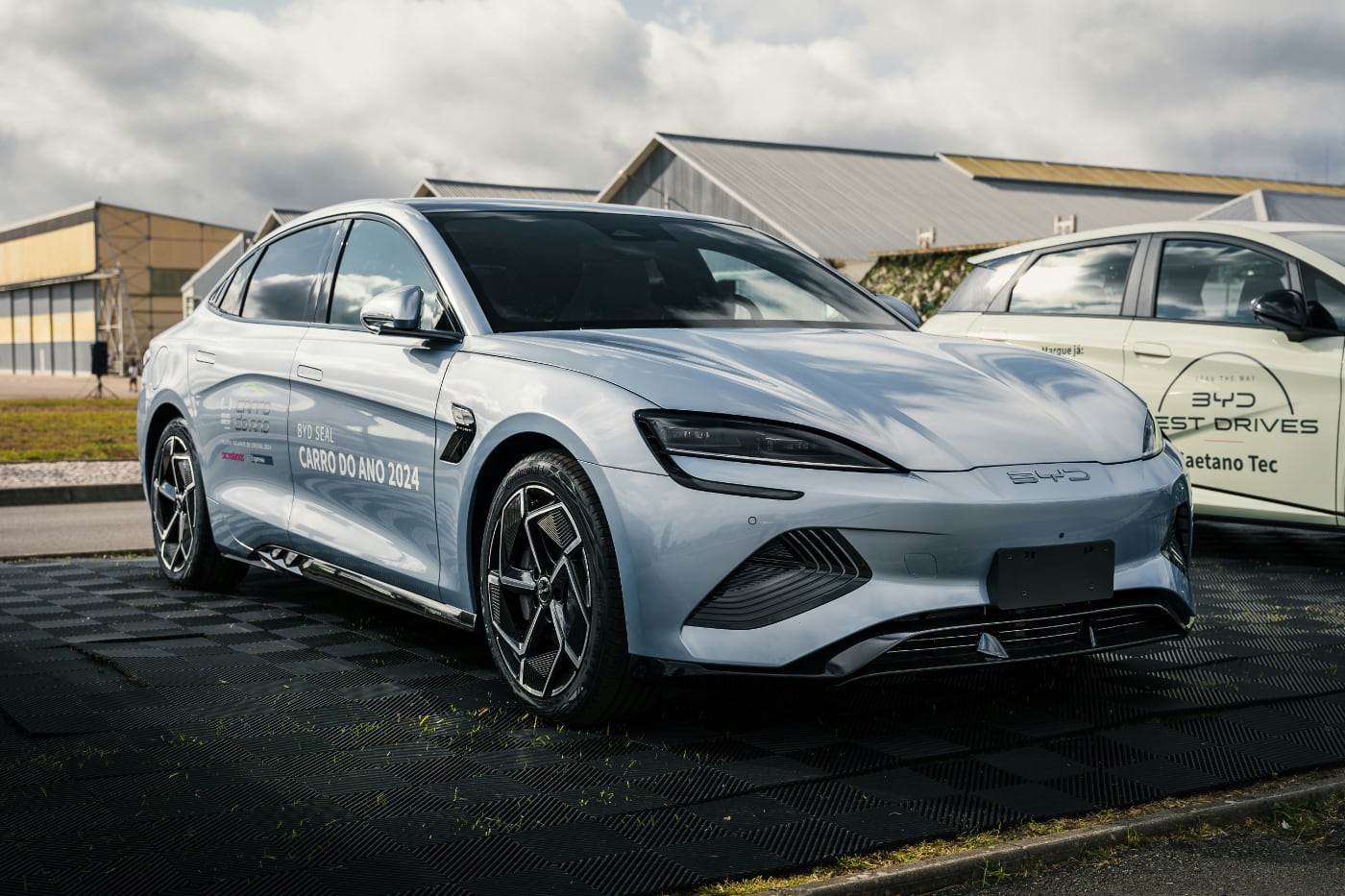20 years ago, Chinese cars were ridiculed. Oddly enough, they often copied the design, and their quality left much to be desired.
In addition, China’s domestic market remained in decline: there were few cars, and not everyone could afford them.
Today the situation has changed dramatically. In 2024, China will become the largest exporter of cars in the world, and its domestic market in terms of sales volume will be almost equal to the markets of the United States and Europe combined.
How did China achieve such success? Let’s figure it out.
Briefly:
Why did China supply electric vehicles?
What’s happening to gasoline car sales?
Why do other countries levy tariffs on Chinese equipment?
Brief summary
Why did China supply electric vehicles?

Automotive Export Statistics, NYT
In 2007, Wang Gang, who had previously worked for 16 years as a leading engineer at Audi, was appointed to the post of Minister of Science and Technology. During his 11 years at the ministry, he radically changed the Chinese auto industry.
In 2009, China adopted a plan according to which the country was to become one of the leaders in the production of hybrid and electric cars. This entailed multibillion-dollar subsidies for the purchase and production of cars.
The emphasis on hybrids and electric vehicles has been made to reduce dependence on oil imports. This has also led to China’s push into green energy and is now a leader in clean energy production.

China Automotive Industry, NYT
Under Wang Gang, automakers received low-interest loans, tax breaks, cheap land and electricity. In 2009, China invested about $230 billion in the production of electric vehicles and batteries..
China exported 1.7 million electric vehicles in 2023, almost 50% more than Germany, its closest competitor. It is expected that 2024 will be even more successful.
China itself is the leader in the number of electric vehicles sold. Half of buyers in China choose electric or hybrid cars. In October 2024, China accounted for 76% of global EV sales.
◦ Back to contents ◬
What’s happening to gasoline car sales?

China is studying more than 100 factories capable of producing up to 40 million internal combustion engine (ICE) vehicles per year. However, this more than doubles the current demand for such vehicles, making their sales compromised.
The decline in sales is leading to the closure of some factories. Those manufacturers seeking to avoid closure are selling cars at special discounts and actively servicing them abroad.
In 2023, China exported 2.7 million ICE vehicles. Of these, 735 thousand cars were imported to Russia. This is 5 times more than in 2022. Russia has become the main importer of Chinese equipment after the departure of Western brands.
The other two main destinations are Latin America and the Middle East. In our countries, Chinese cars are cheaper than European ones, which is why they are bought.
◦ Back to contents ◬
Why do other countries levy tariffs on Chinese equipment?



Strikes by workers at German Volkswagen factories
China is actively exporting electric vehicles abroad. Thanks to government support, investment and subsidies, Chinese manufacturers are able to keep prices low, which makes it difficult to compete.
Many experts believe that Massive Chinese car exports threaten local manufacturers in other countries and millions of jobs are at risk.
The special situation has become very aggravated with German manufacturers.
Volkswagen, which owns the Audi, Porsche, Skoda and Seat brands, announced for the first time in its 87-year history the possible closure of some plants in Germany. These enterprises employ about 120 thousand people.
The company explained the need for this solution to reduce costs and improve results. This is due to weak demand, evolving production costs, competition from China and a slower-than-expected shift to electric vehicles. Regular strikes by Volkswagen manufacturers, involving tens of thousands of people, are exacerbating the situation.
The head of BMW demanded that the European Union lift the ban on the sale of gasoline cars. Electric cars aren’t selling well
In the third quarter of 2024, Volkswagen’s profit decreased by 64%, amounting to €1.57 billion. One of the reasons was a drop in sales in China. Amid economic problems, the company put its factories in Xinjiang up for sale.
BMW and Mercedes-Benz also cut their profit forecasts. Leading suppliers to German concerns began to create jobs.

Tax on Chinese electric cars, NYT
To reduce pressure from Chinese manufacturers, officials are introducing import duties on Chinese electric vehicles. So they want to set the prices of the cars.
Tariffs come in different forms. For example, the USA and Canada impose 100% tariffs on all Chinese electric vehicles. The EU has calculated tariffs ranging from 7.8% to 35.3% for each automaker based on estimated subsidies received from the Chinese government.
But tariffs cannot fully offset the competitive advantage of Chinese automakers. Chinese companies are offering presidential electric cars, but at lower prices.

The large savings in production are due to China being the world leader in electric vehicle battery production, which accounts for almost all manufacturers.
The Chinese company CATL holds positions in the entire battery market for electric cars. How even BMW and Tesla depend on it
So even despite the tariffs, China will likely continue to increase exports and sales of electric vehicles, and pandemic manufacturers will look for new ways to compete.
◦ Back to contents ◬
Brief summary
China today occupies a leading position in the export of electric vehicles and is the largest market for automobiles in general.
Chinese manufacturers have mastered the production of competitive electric vehicles that cost 30% less than their European counterparts. The success of this strategy directly indicates a decline in profits at Europe’s leading auto giants.
Import duties can only slow down the pace of sales of Chinese cars, but it is no longer possible to completely oust them from the European market. Even if the pace of exports slows down, we will be talking about significant volumes of supplies that are still unattainable for other countries and manufacturers.
◦ Back to contents ◬
Source: Iphones RU
I am a professional journalist and content creator with extensive experience writing for news websites. I currently work as an author at Gadget Onus, where I specialize in covering hot news topics. My written pieces have been published on some of the biggest media outlets around the world, including The Guardian and BBC News.










